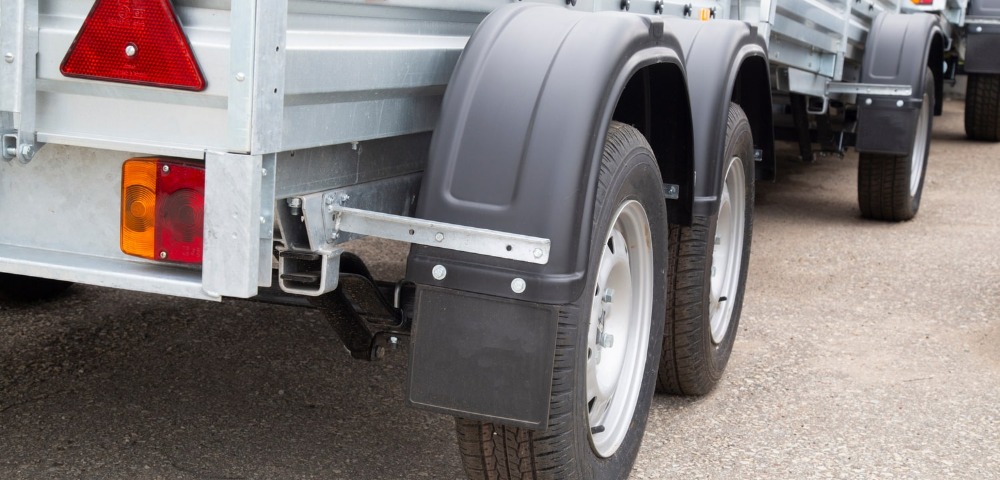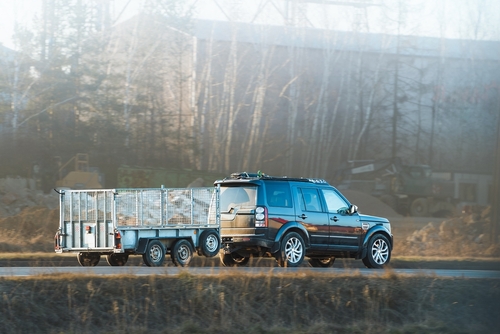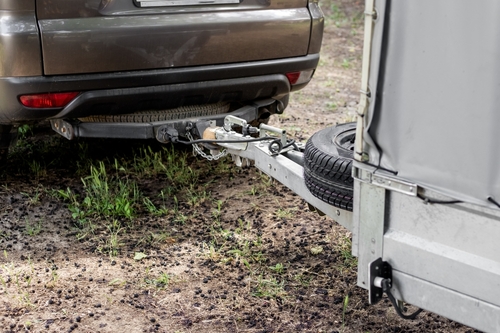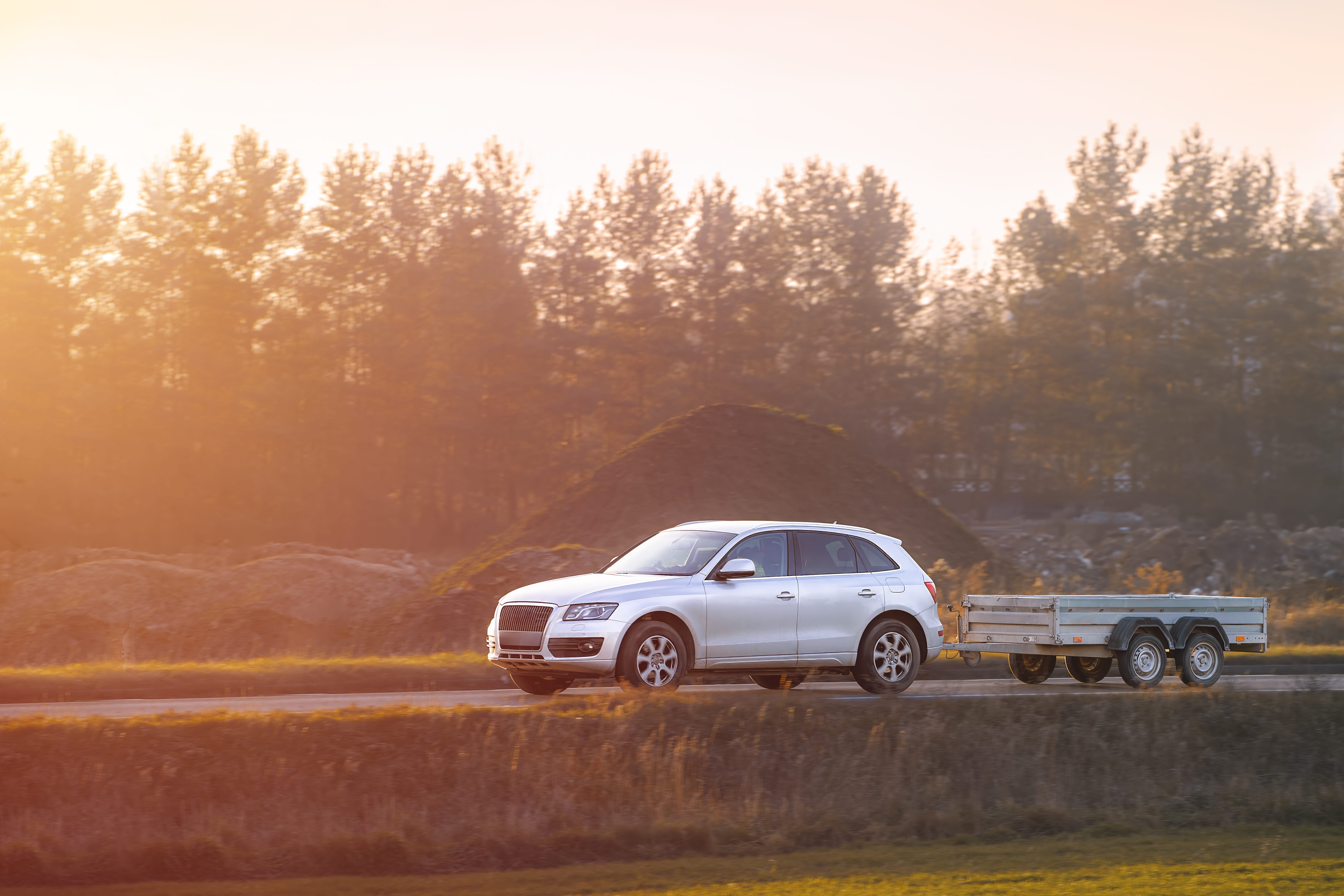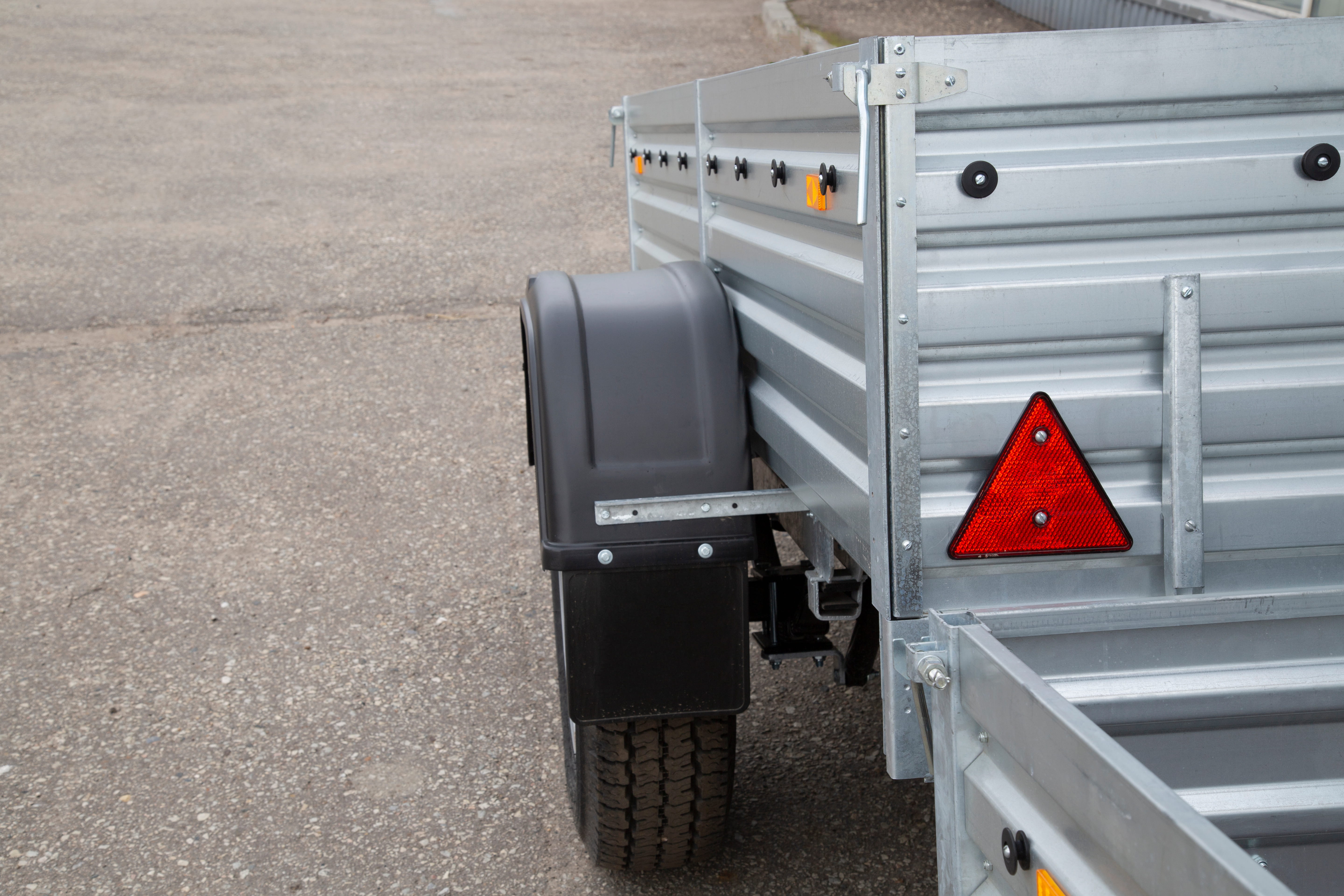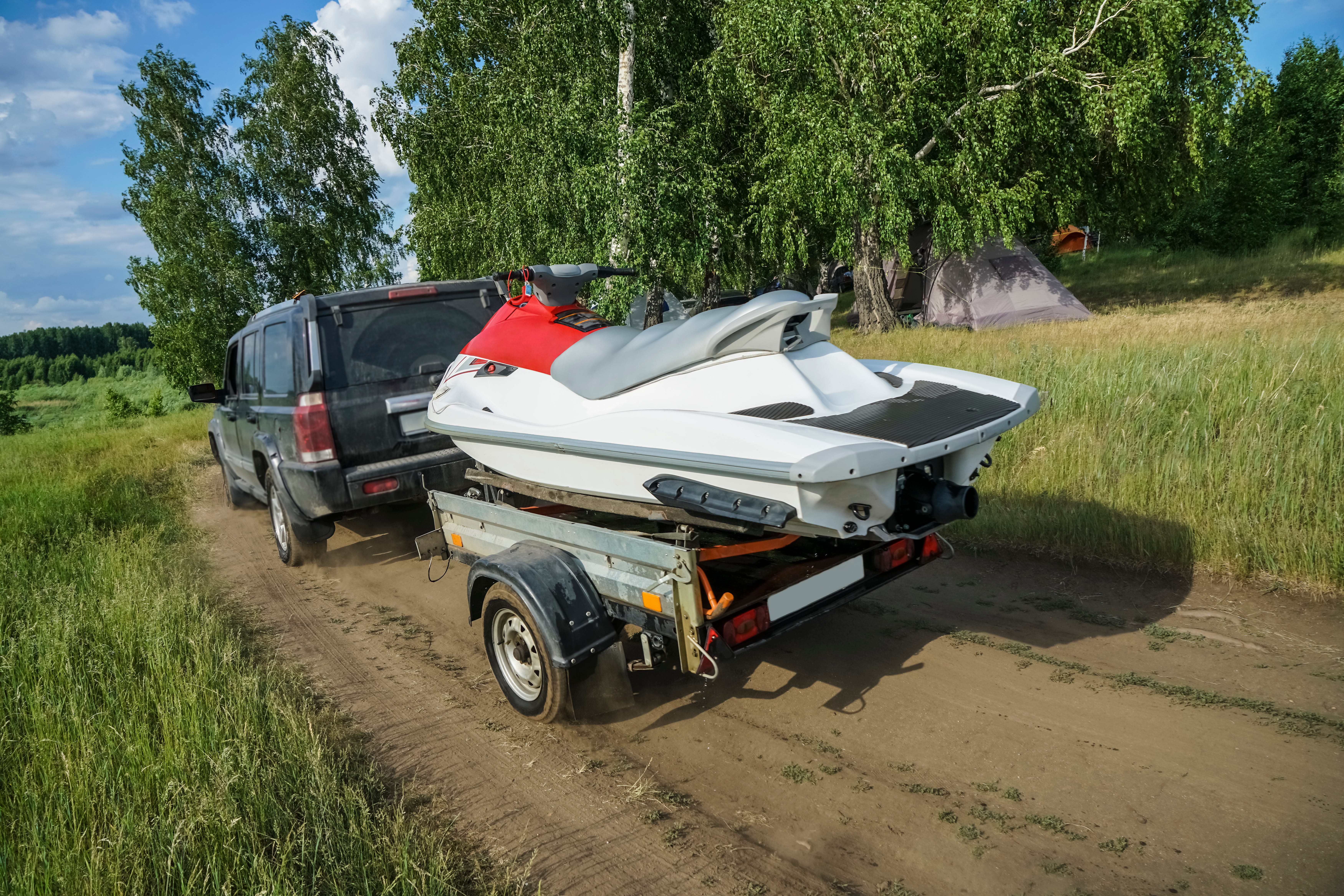Are you looking for a new or used trailer? We know selecting the right trailer can sometimes be a difficult decision – especially if you’re new to the trailer world. With so many types of trailers to choose from, all of which with a seemingly endless number of uses, which trailer is going to fulfil all your needs? Today we are taking a look at the different axle types you will see on most common trailers and give you some pros and cons of each choice to help make a decision which is right for you!
So, I’m sure you’ve guessed it already by the title, we are going to cover dual axle and single axle trailers – but most importantly how each axle style will bring different things to your towing experience. Now, the difference between them physically is pretty self-explanatory, but we’ll go there anyway (…very briefly). Its as simple as this, single axle trailers have one axle (one set of wheels), and dual axle have two (two sets of wheels). Besides the obvious differences between the two, there are a lot of reasons one style may be more suited to your needs that the other, so let’s have a look at them now!
Single Axle Trailers
By far the most popular of the two, a single axle trailer is more often than not the ideal trailer for most uses. This is for a few reasons, not least of which is the price. Having half the number of wheels and only one axle not only means less components, but results in a far less complicated trailer design. A single axle trailer will (or at least should) be used for lighter loads, and therefore most single axle trailers don’t require brakes – further reducing the complexity of design and number of components. And of course, less parts means lower maintenance costs and fewer things to go wrong.
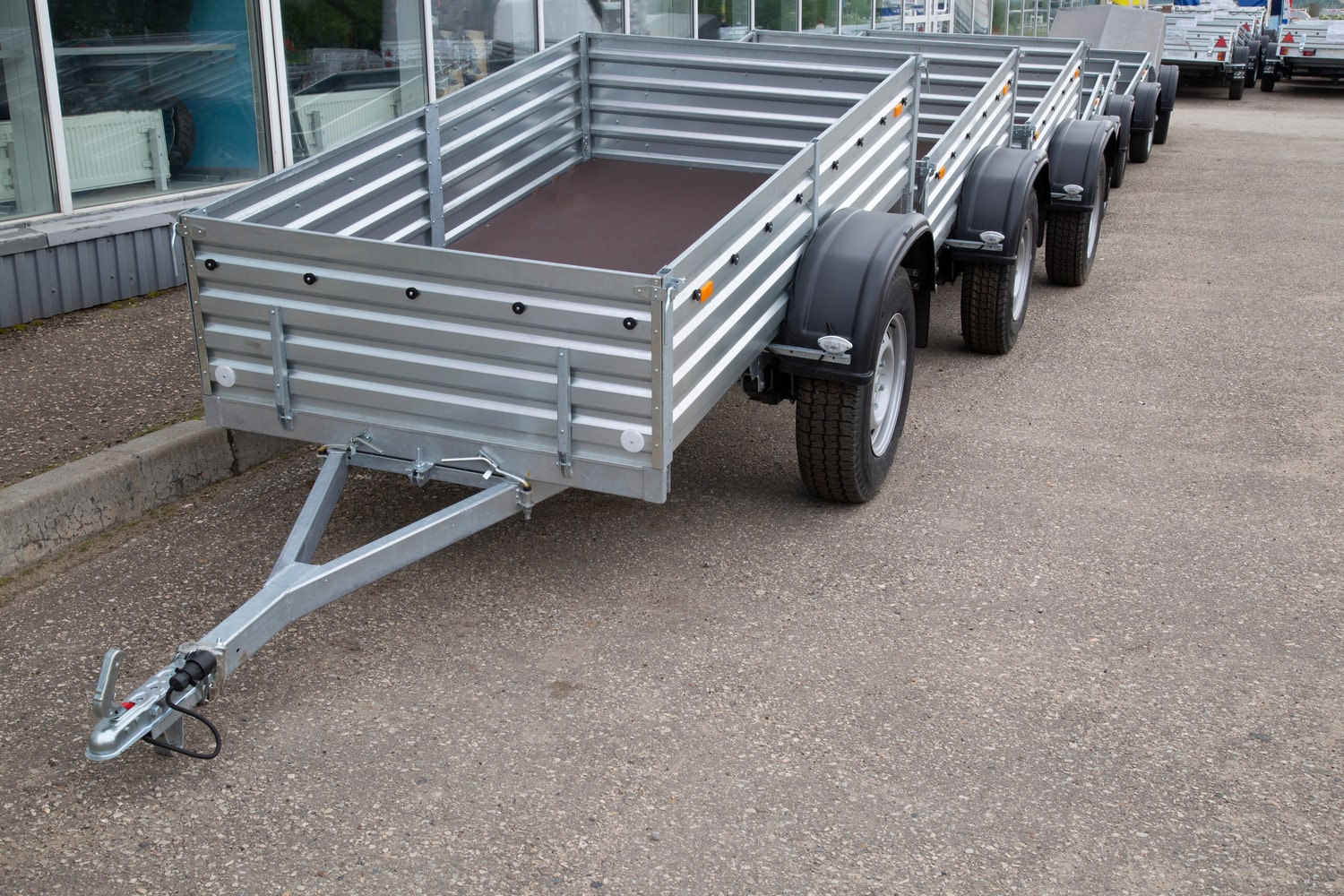
Now I know what you’re thinking, why should I buy a dual axle trailer? Single axle trailers sound pretty great right! But single axle trailers do have their drawbacks. The biggest negative surrounding a single axle trailer is its relatively limited loading capacity. Due to all of the load being transferred through a single axle and only two wheels, it will have a much lower maximum weight capacity when compared to dual axle trailers. Having only two wheels will also put you at higher risk of your journey ending if you experience a puncture – with a dual axle trailer you might just be able to limp home without fixing the puncture or changing the wheel on the roadside.
Dual Axle Trailer
Dual axle, or double axle trailers have a whole range of advantages, with the main one being size and loading capacity. As you would expect, more axles and more wheels means bigger and heavier loads. This makes them ideal for things like large boat trailers and bulk carrying trailers. With double the number of wheels the load is distributed more evenly which makes these trailers more stable when loading, unloading and towing long distances.
An increased stability on the road means less chance of trailer sway or the trailer losing grip on loose or uneven surfaces. For these reasons dual axle trailers are our preferred option for long distance towing or if sturdiness and stability is important to you.
So, what are the negatives of a dual axle trailer? Well, beside the obvious of a bigger price tag due to the more complex design and construction we have a few others worth considering. The most important of which will be manoeuvring the trailer. All of that stability is great when you’re towing down a motorway, but it become a curse when trying to manoeuvre your trailer in tight spaces. Four wheels limit the turning circle of the trailer, and when you couple this with the (generally) increased size of the trailer you’ve got yourself a bit of a challenge on your hands. This can even be a problem on smaller roads, so it is definitely worth a thought before you make your final decision.
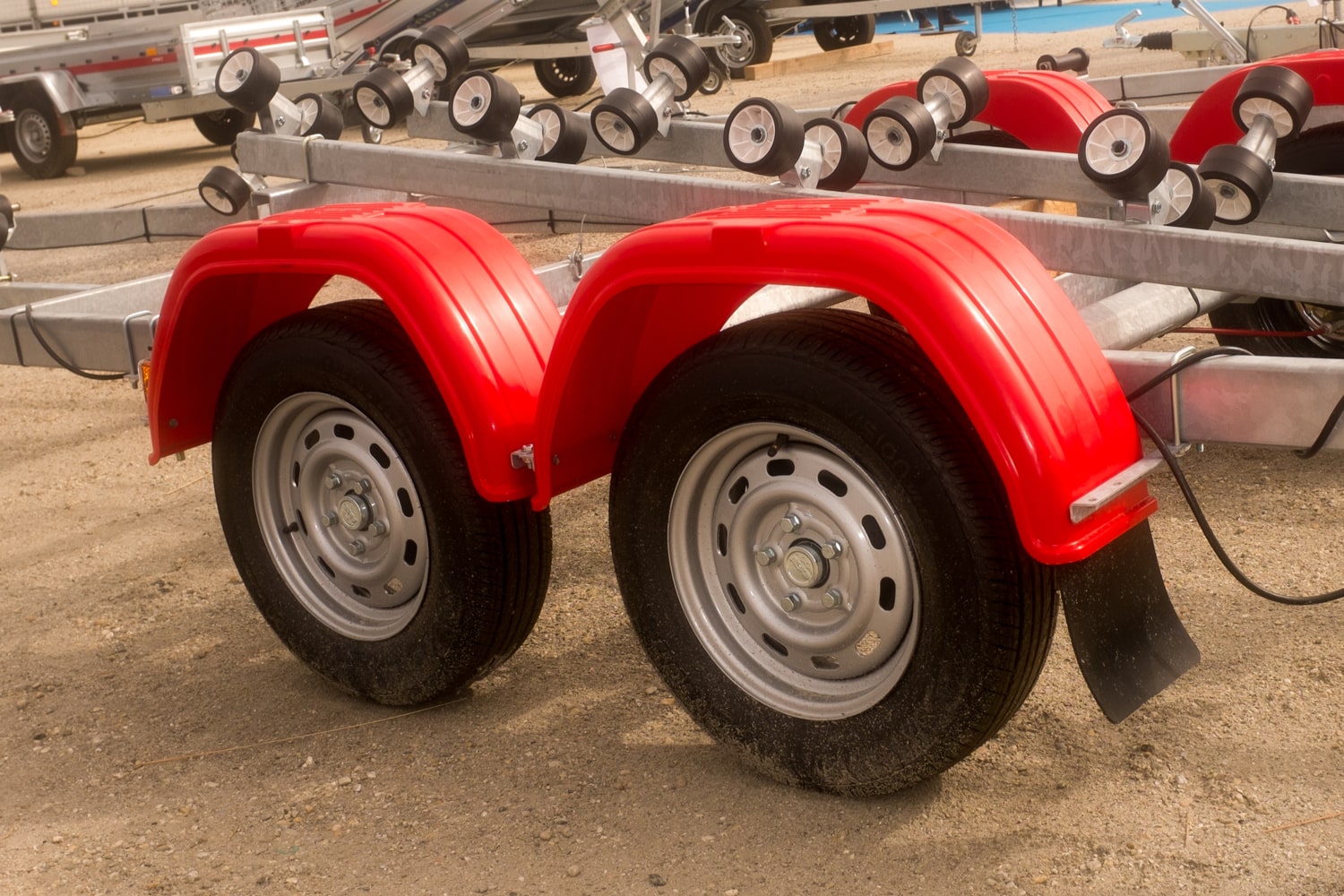
Conclusion
There are plenty of considerations to make when it comes to getting yourself a new trailer, with the axle number being only one part of this. Nevertheless, it is an important factor which will effect almost every part of the towing experience. The axle number will most likely be dictated by the loading capacity you need your trailer to have. But if you find yourself in the position where you have the option between either a single or a dual axle trailer make sure to consider how you intend to use your trailer, think about:
- How far will you tow it? – Dual axle trailers are ideal for long distance towing.
- Where will you store it? – Single axle trailers are far better when it comes to manoeuvring in tight spaces.
- What is your budget? – Dual axle trailers come with a higher price tag, but you will have a sturdier trailer which (if looked after) could outlast a single axle trailer. And don’t forget about maintenance costs!
- What will you tow it with? – Dual axle trailers are heavier so may not be best suited to a small towing vehicle.
If you need any help or advice on getting a trailer that is perfect for you, or some assistance with a trailer you already have, get in touch with us at TrailerTek and one of our experienced team would be happy to help!


